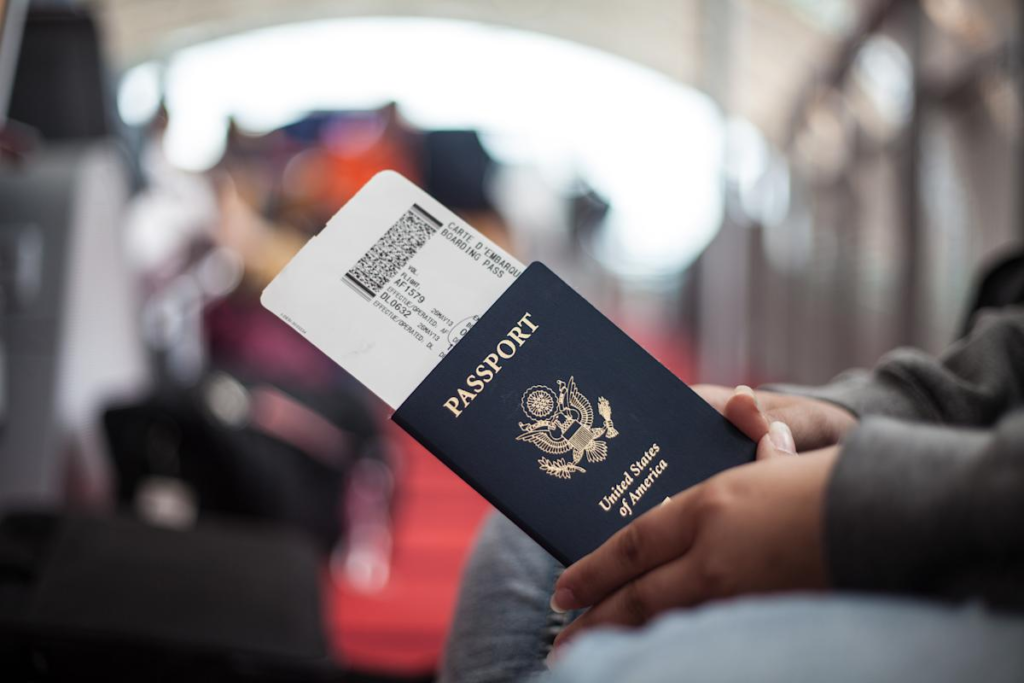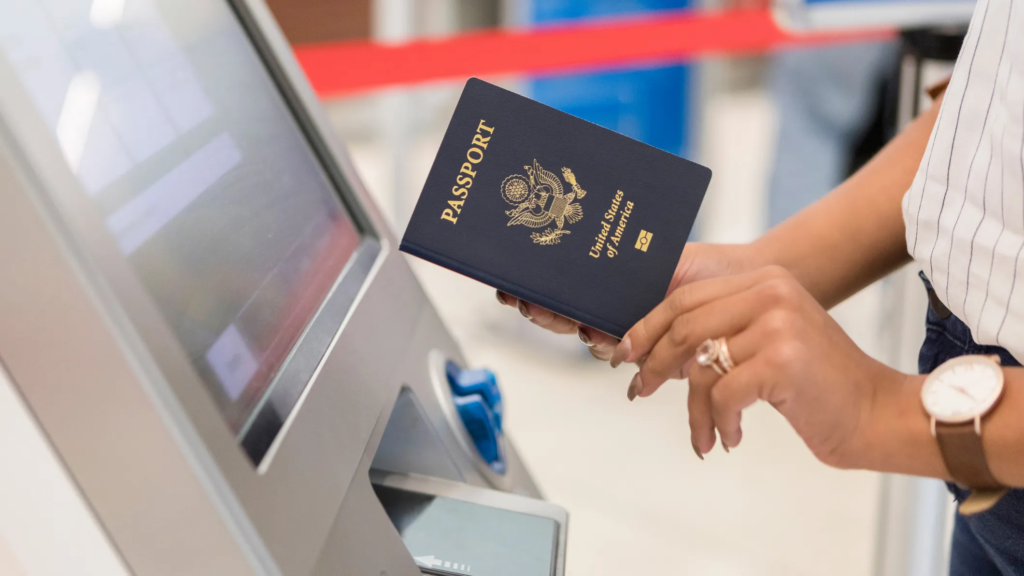US passport is weaker than ever right now, according to the 2025 Henley Passport Index, which ranks global travel documents by the number of countries their holders can enter without a visa. In a surprising twist for international travelers, the American passport has dropped to one of its lowest positions ever now sitting at 11th place with access to just 185 destinations. This marks a significant decline and raises concerns about the future of American global mobility, diplomatic influence, and international travel ease.
What Is the Henley Passport Index?
The Henley Passport Index is a respected global ranking system that evaluates 199 passports around the world based on data provided by the International Air Transport Association (IATA). It measures how many countries a passport holder can visit without needing a visa or by obtaining one on arrival.
For decades, the U.S. passport consistently ranked in the top five, reflecting the country’s strong diplomatic influence and international partnerships. But in 2025, it now shares the 11th spot with countries like Lithuania and Slovakia nations that were once far behind in terms of global mobility.

Which Passports Are Now the Strongest?
At the top of the 2025 Henley Index are six countries, all tied for the number one spot with access to 194 destinations:
- France
- Germany
- Italy
- Japan
- Singapore
- Spain
These countries have maintained strong diplomatic relations and continue to negotiate travel agreements that make it easier for their citizens to travel abroad.
Meanwhile, the U.S. lags behind even South Korea (3rd place) and Australia (5th place) a sign that American travelers may now face more visa requirements than citizens of smaller or less wealthy nations.
Why Is the US Passport Getting Weaker?
Several factors have contributed to the decline in U.S. passport strength:
1. Global Travel Agreements Have Shifted
Other countries have signed new bilateral or regional travel agreements, expanding their visa-free reach. The U.S., however, has not aggressively pursued new visa-waiver programs in recent years, which has limited its global access.
2. Post-Pandemic Reputation Issues
The United States’ handling of international travel during and after the COVID-19 pandemic affected its diplomatic relations with some nations. Several countries imposed temporary travel bans or tougher entry restrictions on U.S. citizens, and some of these policies still linger today.
3. Geopolitical Tensions
Political tensions with countries like Russia, China, and parts of the Middle East have led to more restrictions on U.S. travelers. Some governments now view American citizens with increased scrutiny or require additional documentation before allowing entry.
4. Lack of Reciprocal Policies
Many nations base their visa policies on reciprocity if their citizens face strict U.S. entry rules, they often respond in kind. The U.S. maintains tough visa requirements for countries such as Brazil, Turkey, and India, which in turn affects the visa-free status for American passport holders visiting those countries.
What This Means for American Travelers
For millions of Americans who enjoy international vacations or business trips, this ranking shift could bring practical challenges:
- Longer visa processes for certain destinations
- Increased travel costs due to visa application fees
- More paperwork and entry documentation
- Delays at foreign airports or border controls
Countries that now require advance visas or online travel authorizations for U.S. passport holders include China, Russia, Turkey, and several African nations.
Additionally, some travelers have reported difficulties entering the Schengen Area in Europe due to stricter enforcement of stay limits and entry requirements.

How Other Countries Are Gaining Strength
Interestingly, several countries once considered lower-tier in travel freedom are now climbing the ranks. For example:
- South Korea now enjoys visa-free access to 192 countries
- Chile and Argentina have expanded regional agreements
- UAE (United Arab Emirates) has rapidly improved its global mobility, with visa-free travel to over 180 countries
This trend suggests that passport power is no longer tied strictly to wealth or military influence, but rather to active diplomatic engagement and flexible visa policies.
U.S. Government Response
So far, there has been no official reaction from the U.S. State Department regarding the ranking. However, immigration and travel experts have urged the government to review current visa policies and strengthen global partnerships to rebuild the passport’s international access.
There are calls for the U.S. to expand its Visa Waiver Program (VWP) and simplify its entry requirements for foreign nationals, which could lead to improved reciprocity from other countries.
Advice for American Travelers in 2025
Given the new ranking, American travelers are advised to:
- Check visa requirements early when planning trips abroad
- Use official embassy websites for up-to-date entry guidelines
- Apply for visas well in advance to avoid last-minute issues
- Consider travel insurance to cover delays or rejections
- Keep digital and printed copies of important documents
Some travel agencies now offer services that specialize in visa guidance for U.S. passport holders who may be unfamiliar with changing requirements.
Future Outlook: Can the US Passport Recover?
Experts believe the U.S. passport can regain its strength but it will take diplomatic effort, policy reform, and improved international relations. The world is becoming more interconnected, and countries are increasingly looking to streamline cross-border movement for both tourism and business.
If the U.S. government takes steps to modernize its travel policies and promote mutual travel agreements, the passport’s global rank could bounce back in the coming years.

Final Thoughts: A Wake-Up Call for American Mobility
The 2025 global passport ranking is more than just a list it’s a reflection of how nations view one another and how open they are to travel and exchange. For the United States, dropping out of the top 10 for the first time in years is a clear signal that travel freedom is no longer guaranteed by nationality alone.
As international travelers face more complex rules and stricter controls, being informed, prepared, and flexible is more important than ever. While the U.S. passport still offers strong access to many parts of the world, its decline serves as a reminder that global mobility must be earned and maintained—not assumed.
Read more – McGraw Hill IPO Falls Short as Shares Slip on Debut






